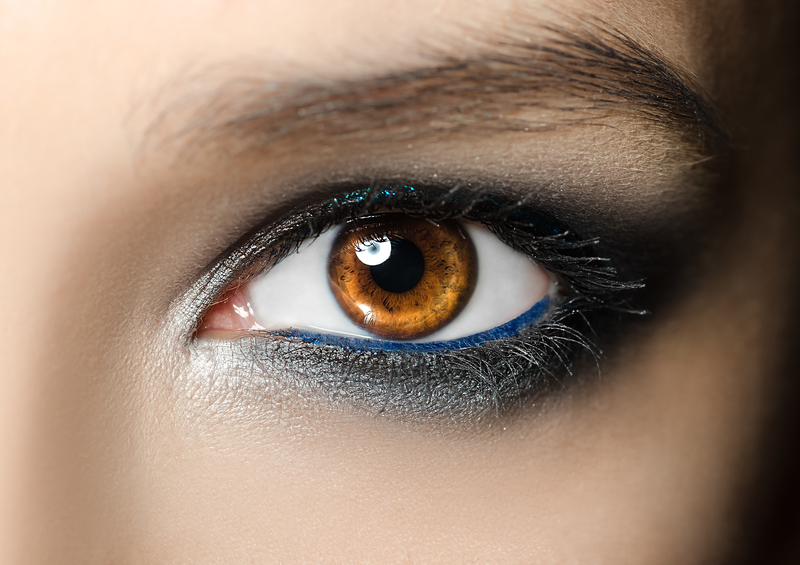Eye drops are a common over-the-counter medication used to alleviate a variety of eye-related issues. They can be used to relieve dry eyes, disinfect infected eyes, and flush out foreign objects. But when exactly should you put eye drops in your eyes? In this article, we will discuss three situations in which eye drops can be beneficial.
Disinfect Infected Eyes
If your eyes are infected, the most important step is to use eye drops right away. Eye infections can be caused by bacteria, viruses, or fungi and may bring forth redness, itching sensations, and discharge. By using antibiotics-filled or antiviral eye drops you’ll not only treat but also prevent any spread of infection. And if symptoms persist—it’s imperative to consult with a medical professional as soon as possible in order to identify the root cause and receive adequate treatment.
Heal Dry Eyes
If you are looking for relief from dry eyes, then eye drops could be the answer. Dry eyes occur when insufficient tears or inadequate quality of tears is produced by your eyes, causing them to become irritated and red. However, with eye drops containing artificial tears or lubricants, additional moisture can be supplied to soothe and restore your vision quickly and effectively. However, it is important to note that dry eyes require ongoing treatment and management, as they can be caused by various factors such as aging, hormonal changes, and certain medications.
Flush Out Foreign Objects
If you find yourself with a foreign body lodged in your eye, such as a grain of sand or an eyelash, saline-based eye drops can provide relief from the discomfort and flush out the object. However, if pain persists or vision is noticeably affected, it is imperative to get medical help right away. Eye drops containing saline are there to act fast so that minor irritations don’t become major problems – but if they do then you should not wait any longer before seeing someone qualified.
Eye drops can be immensely valuable when treating infected eyes, restoring moisture to dry eyes, and eliminating foreign objects from the eye. Yet it is essential that you use them responsibly and not instead of seeking medical attention for more serious conditions. If your vision remains impaired or if other symptoms persist over time, please seek professional care as soon as possible – your sight should never take a back seat in terms of priority! Don’t forget: Taking proper care of your eyes must remain top-of-mind at all times – make sure to get help when needed.
Check out this article on common symptoms that come with a sinus infection!



